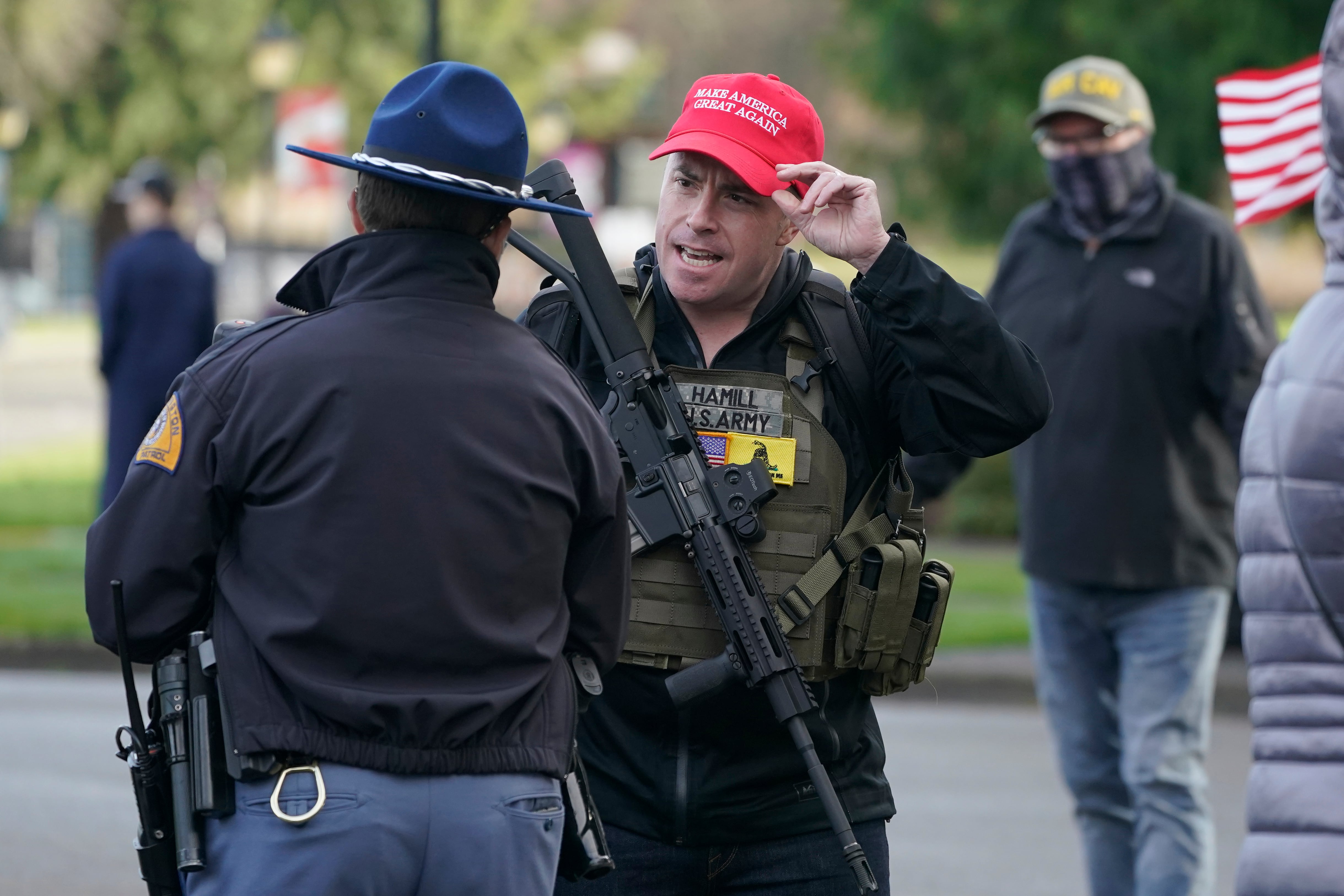New Senate Veterans' Affairs Committee Chairman Johnny Isakson, R-Ga., said the first priority of his committee will be making sure Congress' promises to veterans from last year aren't forgotten.
"We need to make sure the Veterans Choice bill is implemented and it's working, where it needs to be perfected, it's perfected," he told reporters Thursday.
VA Secretary "Bob McDonald needs our support to see to it he can change the culture at the VA," Isakson said. "That in itself is a huge challenge and responsibility."
Lawmakers returned to Washington, D.C., this week with a new House Veterans' Affairs Committee ranking member (Rep. Corrine Brown, D-Fla.), new Senate Veterans' Affairs Committee leadership (Isakson and ranking member Sen. Richard Blumenthal, D-Conn.), and a host of unfinished veterans issues from last session.
Isakson said he has not outlined any specific legislative priorities or hearing schedules for his committee yet, and instead will use the next few weeks to work out those details with fellow panel members.
But, in a statement after his leadership appointment, the 70-year-old Air National Guard veteran called this "a critical moment in history with the VA" and said his main charge as chairman would be "to bring value back to the VA and our veterans."
Both House and Senate leaders are still dealing with the aftermath of last year's VA scandal in which administrators at dozens of department facilities were found to be doctoring records to cover up lengthy wait times for patients.
Those problems forced the resignation of VA Secretary Eric Shinseki and numerous other top department officials, and the nomination of McDonald — a former Proctor & Gamble CEO with decades of management experience — to clean up the department.
Now, with a new Congress, lawmakers are promising continued oversight into that and other problems uncovered during months of public scrutiny for the often-ignored department.
On Thursday, House Veterans' Affairs Committee Chairman Rep. Jeff Miller, R-Fla., announced plans for an oversight hearing later this month into "the longstanding legacy of mismanagement and waste of VA's construction program."
Both committees also are reviewing VA mental health programs, and have pledged to review the Clay Hunt Suicide Prevention Act, which narrowly missed congressional passage in December.
And the long-term implementation and effects of the Veterans Choice Act — a sweeping, $16 billion reform bill designed to provide immediate relief to the wait times problem — remains a concern for many in Congress.
That measure included a new program allowing veterans in rural areas or facing long wait times at VA hospitals to more easily access private physicians, as well as billions of dollars for new physician hiring and appointment space leases.
Lawmakers have expressed concern about the slowness of those changes, and at the lack of firings of VA administrators for problems that came to light. Department officials have promised they are moving as quickly as possible on both fronts.
Congress also will look closely at long-term plans for VA care and reform when President Obama's fiscal 2016 budget proposal is released in early February.
VA has been one of the few government agencies to see steady funding increases in recent years, growing almost $100 billion in the last 11 years. Veterans advocates hope that trend continues for years to come, as the long-term costs of the wars in Iraq and Afghanistan become more apparent.
But lawmakers have promised closer scrutiny of those funds in months to come, noting that the growth in funding has not always translated into better care and programs for veterans.
Leo covers Congress, Veterans Affairs and the White House for Military Times. He has covered Washington, D.C. since 2004, focusing on military personnel and veterans policies. His work has earned numerous honors, including a 2009 Polk award, a 2010 National Headliner Award, the IAVA Leadership in Journalism award and the VFW News Media award.





